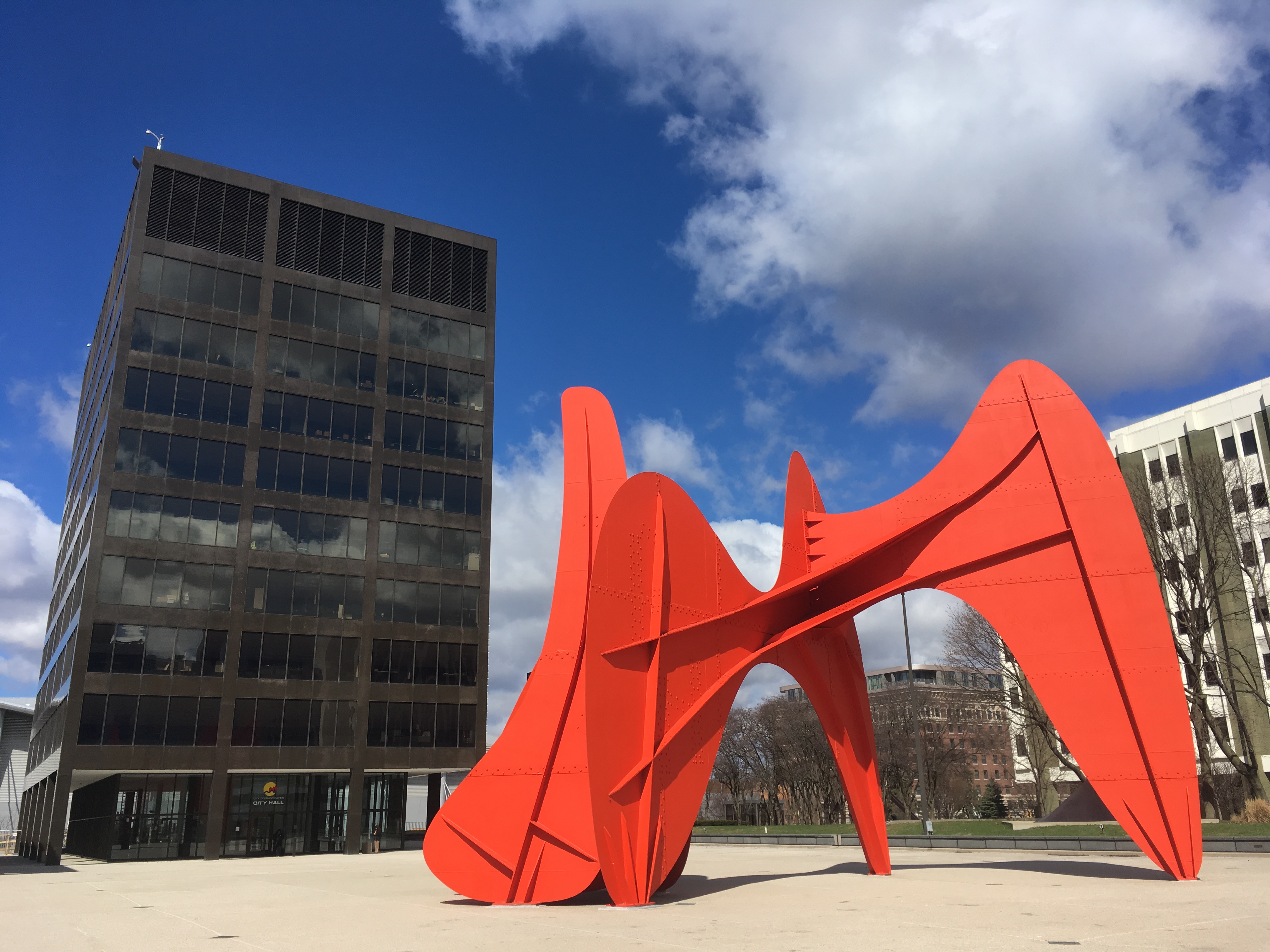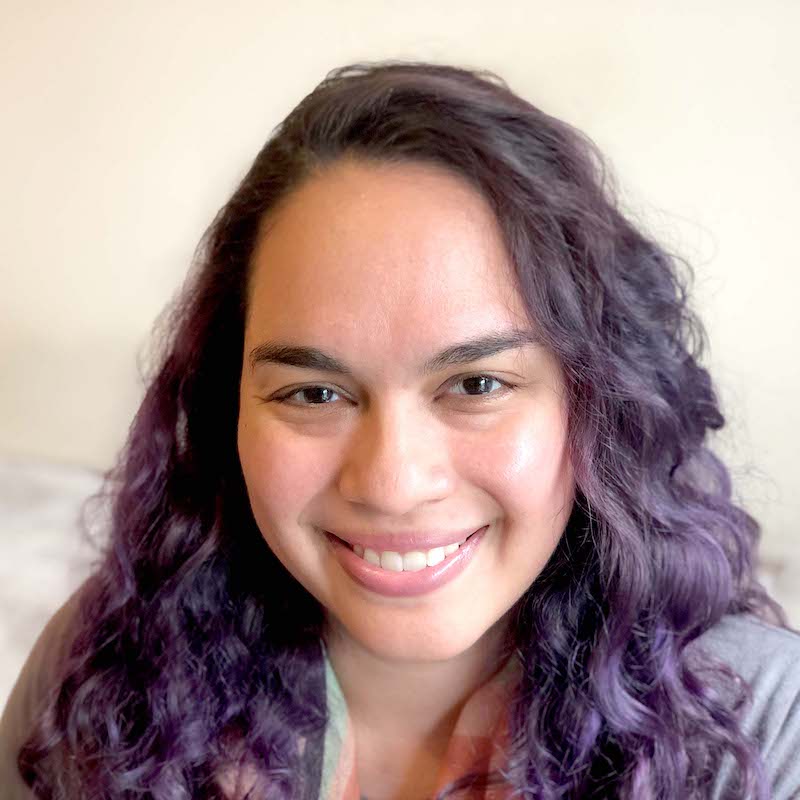
- Details
- By Monica Whitepigeon
GRAND RAPIDS, Mich. — Last week, Grand Rapids Mayor Rosalynn Bliss declared the second Monday in October Indigenous Peoples Day.
The mayor made the designation to recognize, celebrate, and honor the values that Anishinaabek (Ojibwe, Odawa, Potawatomi) People of the Three Fires brought to the city, including (but not limited to) technology, thought, and Indigenous culture. The day also commends the current contributions made by Native people by acknowledging ancestral lands.
The proclamation was co-created and authored by several Native members and professionals, including Vice Chairperson for Anishinaabe Circle & Northern Office Supervisor Camie Castaneda (Potawatomi), President of Women’s LifeStyle, Inc. Two Eagles Marcus (Pueblo), Grand Rapids Community Relations Commissioner Matt Schultz (Potawatomi), Grand River Bands of Ottawa Indians Tribal Counselor Frank Wesaw (Odawa, Potawatomi), former chair of the City of Grand Rapids Community Relations Commission Belinda (Lin) Bardwell (Odawa) and Native News Online’s Editor Levi Rickert (Potawatomi).
Last year, Michigan joined the ranks of a dozen U.S. states that adopted Indigenous Peoples Day in lieu of Columbus Day in a proclamation by Gov. Gretchen Whitmer.
Historically, the U.S. did not recognize Columbus Day as a significant holiday until the 20th Century. The Library of Congress reports that “the first recorded celebration of Columbus Day in the United States took place on Oct. 12, 1792. Organized by the Society of St. Tammany, also known as the Columbian Order, it commemorated the 300th anniversary of Columbus’ landing.” It wasn’t until 1934 that President Franklin Delano Roosevelt designated Columbus Day a national holiday.
Since 1992, the IPD movement has significantly grown in the number of support from cities and states. IPD advocates have spoken out against the genocidal acts associated with Columbus and instead want to commemorate the Indigenous lives’ lost while attempting to heal the wounds of historical trauma.
Bliss said that the proclamation “brings forward the intentional acknowledgement and recognition of the original people of this place that we call Grand Rapids. I encourage all residents and friends to take time on October 12 to honor and celebrate ‘Indigenous Peoples Day.’”
More Stories Like This
Native News Weekly (August 25, 2024): D.C. BriefsDeb Haaland Earns Endorsement From Communications Workers of America Local 7076
University Soccer Standout Leads by Example
Two Native Americans Named to Democratic Congressional Campaign Committee's“Red to Blue” Program
Cheyenne River Youth Project Hosts Young Women’s Winter Camp as Part of Lakota Culture Internship
Help us defend tribal sovereignty.
At Native News Online, our mission is rooted in telling the stories that strengthen sovereignty and uplift Indigenous voices — not just at year’s end, but every single day.
Because of your generosity last year, we were able to keep our reporters on the ground in tribal communities, at national gatherings and in the halls of Congress — covering the issues that matter most to Indian Country: sovereignty, culture, education, health and economic opportunity.
That support sustained us through a tough year in 2025. Now, as we look to the year ahead, we need your help right now to ensure warrior journalism remains strong — reporting that defends tribal sovereignty, amplifies Native truth, and holds power accountable.
 The stakes couldn't be higher. Your support keeps Native voices heard, Native stories told and Native sovereignty defended.
The stakes couldn't be higher. Your support keeps Native voices heard, Native stories told and Native sovereignty defended.
Stand with Warrior Journalism today.
Levi Rickert (Potawatomi), Editor & Publisher

